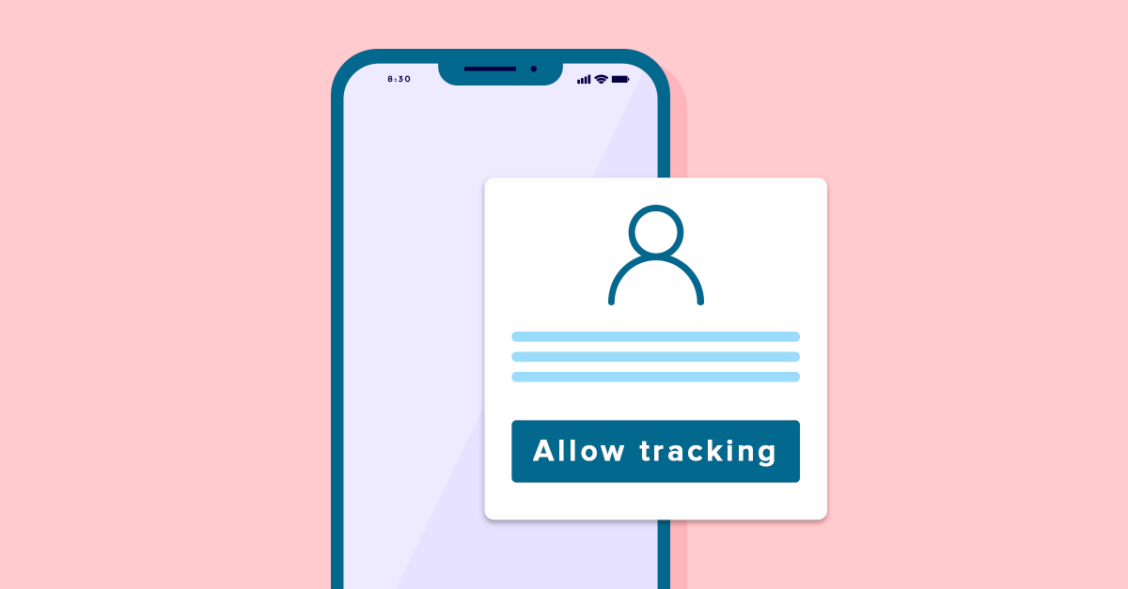
Marketers’ Thoughts on Upcoming Changes to the IDFA
As announced at Apple’s WWDC event, all iOS apps will soon be required to ask permission before tracking users with its identifier for advertisers, known as the IDFA. The motive behind this decision has been to primarily protect user privacy. Yet this decision will have several consequences on the mobile ecosystem—with predictions ranging from “the end of mobile advertising as we know it” to more rational analysis, but the open question at the base of every assumption is this: will app users consent to tracking?
Though reports of the death of IDFAs may be greatly exaggerated, marketers have to adapt to their new normal. According to Digiday, “experts expect opt-in rates to be low.” A poll undertaken by research firm TapResearch shows that 19% of users are “likely” to consent to tracking on iOS. Though a useful proxy, marketers remain unclear on what the actual figure will be—and if they want to rely on the IDFA for any decision-making in the future.
To gauge marketers’ opinion on what users will do, and how they might respond, we turned to the Mobile Heroes Slack Community for their views on iOS 14 and the ripple effects this update will have on the mobile ecosystem.
The Immediate Impact
Opinions on what will happen at the arrival of iOS 14 focused on different areas, but all agreed there will be a fundamental shift. Nathan Levin of e-commerce giant Joom believes that spending will see a reduction: “You can’t just assume the users are monetizing at the same rate they were.” Without the same granularity of data, “LTV projections will have to be significantly more conservative.” Nathan goes on to note that “developers that depend on having a very long monetization cycle will not be able to track it anymore, and as of now with no clear solution in place they will be spending blindly.”
Chris B, a member of the Mobile Heroes Slack Community (which you can join here) sees a clear distinction between companies big and small. “For smaller advertisers, not much will change, as programs likely weren’t sophisticated and these advertisers were probably using aggregated analytics.” But for larger advertisers, Chris sees pullback, at least “until measurement is figured out.” Kevin Bravo, co-founder of mobile monetization and growth agency 2ndPotion, adds to the view that Android spend “will increase” while iOS revenue decreases. Nathan also agrees: “everyone will attempt to shift their budgets to Android,” he says. But Nathan recommends that marketers need to be wary, as this shift could increase the cost of advertising on Android, pushing the platform into unprofitability for advertisers.
And yet other marketers see an opportunity to scale, by taking advantage of lower eCPMs that they expect will come from buying non-IDFA traffic.
What You Can Do to Prepare
There are many actions a marketer can take to get ready for September. For example, all of our respondents recommended capturing as much user-level data as you can. After all, this is your final chance to get this much user-level data on your users, and it will be an invaluable resource to look back on in the near-term.
Nathan recommends that marketers “test out as many new channels as you can” while you have the means to. Nathan notes that testing during the initial release of the IDFA would be a fool’s errand. Chris B echoes this sentiment: “Rather than experiments, I’d focus on benchmarking at the fullest scale possible to get a baseline for post-iOS 14.”
How to shape your messaging was also a key point of discussion. “Rewarding users with some kind of incentive for allowing tracking” might help increase uptake, according to Chris B. But this comes with a need to test your messaging. Running tests today on your consent mechanics before the official release of iOS 14 puts you in a better position to implement your strongest iteration at launch—or to at least reveal the uptake of tracking on your app.
For more on Liftoff’s stance on the IDFA, watch our resource page for upcoming case studies, or sign up to our Mobile Heroes newsletter to get the latest Liftoff releases straight to your inbox.